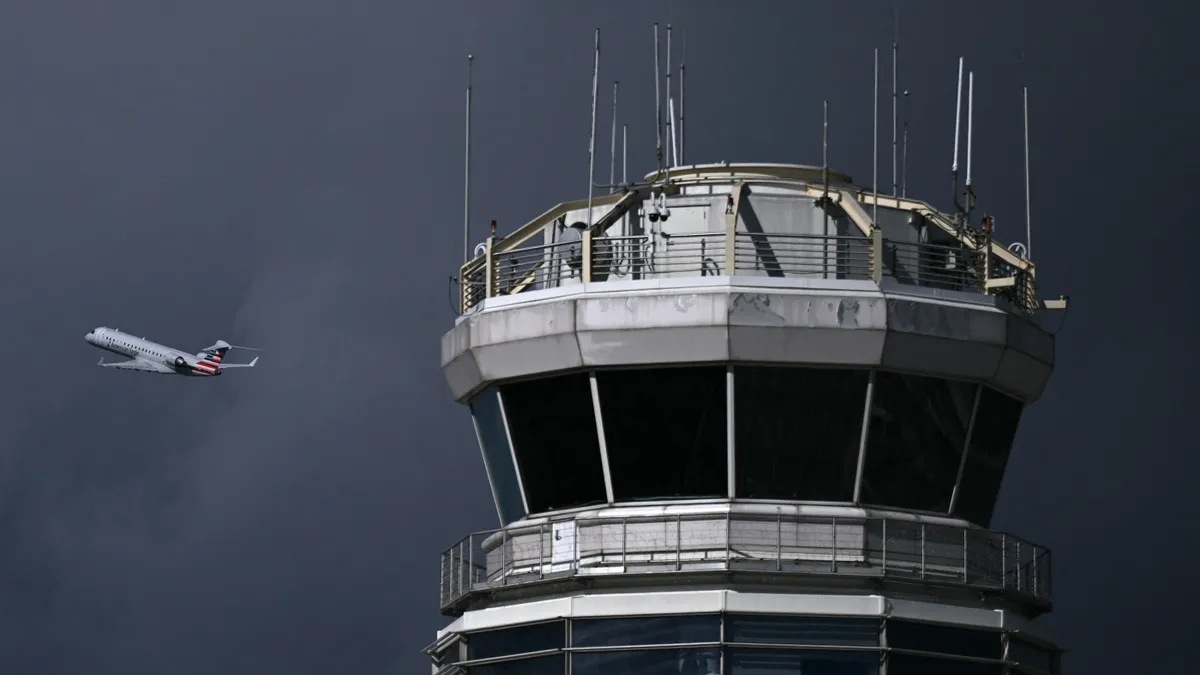
For many travelers, navigating the nation’s airspace on Halloween turned into a nightmare. The Federal Aviation Administration (FAA) was compelled to delay flights across the United States due to severe staffing shortages at numerous air traffic control facilities. This made for one of the most challenging days to fly since the onset of the government shutdown five weeks ago. An air traffic controller from the Midwest, who requested anonymity, highlighted the dire situation, stating, “A lot of people are truly having to call in sick to earn money elsewhere.” The ongoing government shutdown is increasingly impacting air traffic controllers, who are required to work without pay, leading to heightened concerns about travel chaos.
The staffing shortages resulted in significant delays over the weekend, prompting fears of broader disruptions as the shutdown lingers. NPR conducted interviews with four current air traffic controllers, all of whom wished to remain unnamed for fear of retaliation from the FAA. These controllers revealed that morale was already low before the shutdown, primarily due to a persistent staffing crisis within the system. Factors like mandatory overtime and stagnant wages further contributed to diminishing morale, which has worsened now that controllers are not receiving their paychecks.
Transportation Secretary Sean Duffy reassured the public that the U.S. air travel system remains safe. He stated that the FAA would need to reroute and limit the number of planes in the air to maintain safety. “We will restrict the airspace when we feel it's not safe,” Duffy emphasized. He warned that if the shutdown continues and controllers miss another paycheck, the FAA might have to undertake significant airspace restrictions, leading to “mass chaos,” including widespread flight delays and cancellations.
Many air traffic controllers are struggling financially due to the ongoing shutdown. Some have managed to secure loans from their credit unions to cover expenses, while others are taking on part-time jobs. One controller, who monitors approaching and departing traffic at a major U.S. airport, mentioned colleagues who are working second jobs at night and calling in sick in the mornings due to exhaustion. “I’m going to join that guy here next week if things don’t pan out,” he remarked, underscoring the financial strain controllers are under.
As the shutdown extends, controllers are increasingly faced with tough decisions about their financial futures. “I think we’re reaching a tipping point,” said the high-altitude controller from the Midwest. This sentiment echoes experiences from the last government shutdown in 2018-2019, when a small number of air traffic controllers called in sick, causing major disruptions at East Coast airports. Although the FAA has improved its handling of staffing shortages since then, controllers report a higher sick call rate during this shutdown, raising concerns about the safety and efficiency of air traffic management.
The shutdown is amplifying risks within the air traffic control system. Controllers are worried that a shortage of personnel could degrade safety margins, especially when experienced staff are forced to juggle multiple responsibilities. One controller recounted a harrowing recent night shift where they were the only certified controller working amidst poor weather conditions, highlighting the chaos that can ensue when staffing is inadequate.
Legally, air traffic controllers are prohibited from striking or coordinating absences, as emphasized by their union leaders during the shutdown. However, with the Thanksgiving holiday—one of the busiest travel periods of the year—looming just weeks away, controllers fear that the situation could escalate further. “I think you’re going to see probably the worst day of travel in the history of flight,” warned the Midwest controller, reflecting the deepening crisis and uncertainty surrounding U.S. air travel.